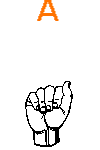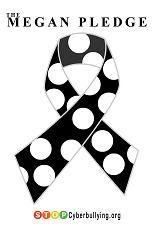"In Germany, they came first for the Communists,
And I didn’t speak up because I wasn’t a Communist;
And then they came for the trade unionists,
And I didn’t speak up because I wasn’t a trade unionist;
And then they came for the Jews,
And I didn’t speak up because I wasn’t a Jew;
And then . . . they came for me . . .
And by that time there was no one left to speak up."
-Martin Niemöller
There are many times when someone said or did something ignorant and mean, and I have spoken up. Every time I do so, I of course get my share of folks who support and folks who just plain don't get why I'm unhappy. Such is the way of the world; ignorance is hard to admit to and give up.
And there are plenty of moments when I have been reminded of my own ignorance, bias, and thoughtlessness. Thinking and changing is part of growing, and may I never stop growing until I'm dead. There is always more to learn.
But it remains hard to realize that there are some lessons people should have long ago learned and generalized, and yet the mistakes remain part of our society, even praised. Being"politically correct" once meant you showed respect to others and engaged in constructive dialogue using constructive language; somewhere along the way, that got lost in a frenzy of semantics and bulldog attitudes that insisted the point was more than to not offend. Is it really more respectful to say "disabled" instead of "handicapped"? The idea of asking a disabled or handicapped person- particularly the person standing in front of you- got lost in the war of folks on one side or the other. So much for being politically correct. The phrase got picked up and bashed by those who only wanted to think of themselves, which is so much easier, anyway.
Why is it is still "funny" to laugh at people, instead of with people? Most of us recoil at the idea of blackface being funny, but still laugh at the "retard." We fail to see the difference between Bill Cosby talking about having to kiss his aunts or dropping his ice cream and Topsy jokes. Do you know the difference? Why is latter offensive, and the former not? Why do people still think it funny to laugh at other people, when it is well-known that laughing at someone because of their race or religion is unacceptable?
There is a huge difference between laughing at someone, and laughing with someone. Laughing at people is mean. I refuse to condone it.
Subscribe to:
Post Comments (Atom)




















2 comments:
I don't understand either why people cannot figure out the difference. I once worked for a woman who constantly made jokes at others' expense. And yet people kept saying to me that it must be such fun working for her because she had such a great sense of humor. It made me want to cry.
Great post. Thanks for the historical link.
I would only add that before they came for the Jews in Germany, they came for the developmentally disabled individuals.
Joe
Post a Comment